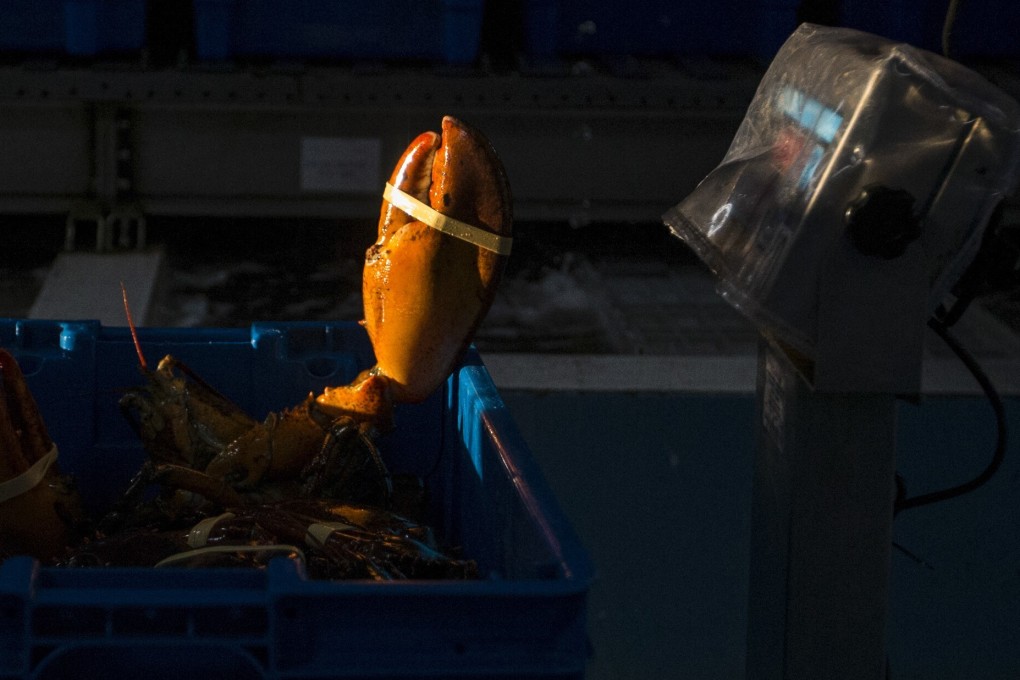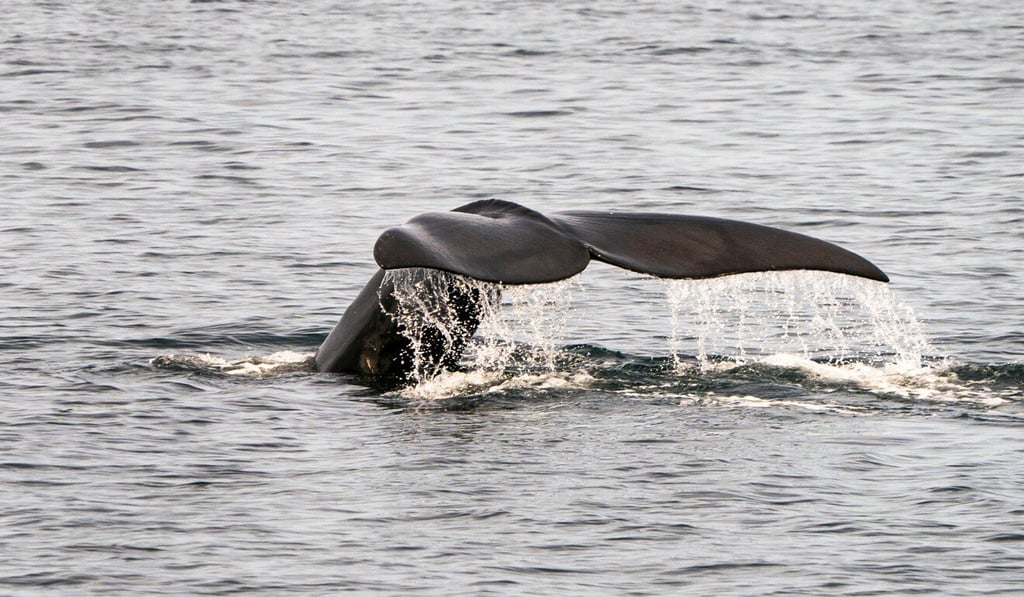Eating Boston lobster in Hong Kong could hasten demise of North Atlantic whale species
- The lobster is harvested using traps that are also entangling the North Atlantic right whale, WWF-Hong Kong says
- Fewer than 250 mature North Atlantic right whales remain in existence, green group notes

Hongkongers have been urged to avoid eating Boston lobster after a leading green group issued a red alert on the seafood for the first time, warning the way it was harvested threatened an endangered whale species.
The alert on the crustaceans was contained in a seafood guide published by WWF-Hong Kong on Tuesday, which called on diners to opt for rock lobster from Western Australia instead.
The recommendations, which are updated every few years, track the sustainability of more than 70 types of seafood popular in the city. Species are evaluated according to a variety of criteria, including their population size, then categorised based on the harm done to marine ecosystems for future generations, with green for “recommended”, yellow for “think twice” or red for “avoid”.

The Boston lobster, imported from the United States and Canada, has always been in the green or yellow groups in previous guides. It was moved into the red category after the critically endangered North Atlantic right whale became increasingly entangled in traps meant for the lobster in the Gulf of Maine and surrounding bodies of water.
“Although the Boston lobster is not threatened with extinction, its harvesting ground overlaps with the habitat of the North Atlantic right whale,” said ocean conservation officer Michelle Wong Hei-wan.
